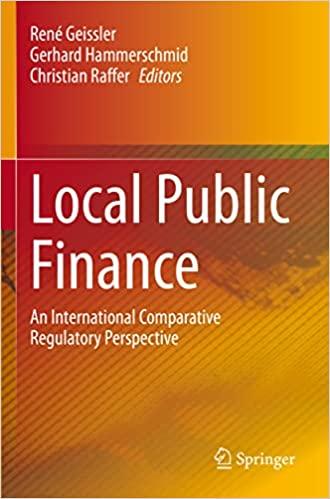Supplementary Assignment Questions Diana has just started her university today. She will be doing a double degree over the next 4 years. She plans to take some time off immediately after the completion of her studies to travel around Western Australia for a period of 26 weeks. Based on her estimation, her weekly expenses during the trip is $1,000 and she would like to withdraw this amount at the beginning of every week from her bank account, which is earning a nominal rate of 3% per annum compounded monthly. At the end of her trip, she would like to set aside $4,000 in preparation for the transition towards starting her career. She would like to start saving regularly on a monthly basis over a 12-month period, starting exactly a year before her travel. The current balance of her account is $202 and there will be no further deposit into her account between now and the beginning of her regular savings period. Assume that 1 month =4 weeks and 1 year =52 weeks. (a) Calculate the equivalent effective weekly rate of her account. (1 mark) (b) Calculate the required bank balance at the start of her trip. ( 2 marks) (c) Calculate the monthly deposit amount that Diana has to save in order to obtain the required bank balance in part (b). (3 marks) (d) Diana has successfully saved the monthly deposits based on the amount obtained in part (c). Suppose that the interest rate earned by the account is higher by the time she begins her travel, explain whether this is better or worse for her financial position. ( 1 mark) (e) Suppose instead that her completion of studies is delayed by 4 weeks for some reason so she could only travel for 22 weeks, calculate the balance of her account at the end of her trip that would be made available for the preparation towards her career. Assume that Diana would not incur any travel expenses during the delay of 4 weeks. Supplementary Assignment Questions Diana has just started her university today. She will be doing a double degree over the next 4 years. She plans to take some time off immediately after the completion of her studies to travel around Western Australia for a period of 26 weeks. Based on her estimation, her weekly expenses during the trip is $1,000 and she would like to withdraw this amount at the beginning of every week from her bank account, which is earning a nominal rate of 3% per annum compounded monthly. At the end of her trip, she would like to set aside $4,000 in preparation for the transition towards starting her career. She would like to start saving regularly on a monthly basis over a 12-month period, starting exactly a year before her travel. The current balance of her account is $202 and there will be no further deposit into her account between now and the beginning of her regular savings period. Assume that 1 month =4 weeks and 1 year =52 weeks. (a) Calculate the equivalent effective weekly rate of her account. (1 mark) (b) Calculate the required bank balance at the start of her trip. ( 2 marks) (c) Calculate the monthly deposit amount that Diana has to save in order to obtain the required bank balance in part (b). (3 marks) (d) Diana has successfully saved the monthly deposits based on the amount obtained in part (c). Suppose that the interest rate earned by the account is higher by the time she begins her travel, explain whether this is better or worse for her financial position. ( 1 mark) (e) Suppose instead that her completion of studies is delayed by 4 weeks for some reason so she could only travel for 22 weeks, calculate the balance of her account at the end of her trip that would be made available for the preparation towards her career. Assume that Diana would not incur any travel expenses during the delay of 4 weeks







